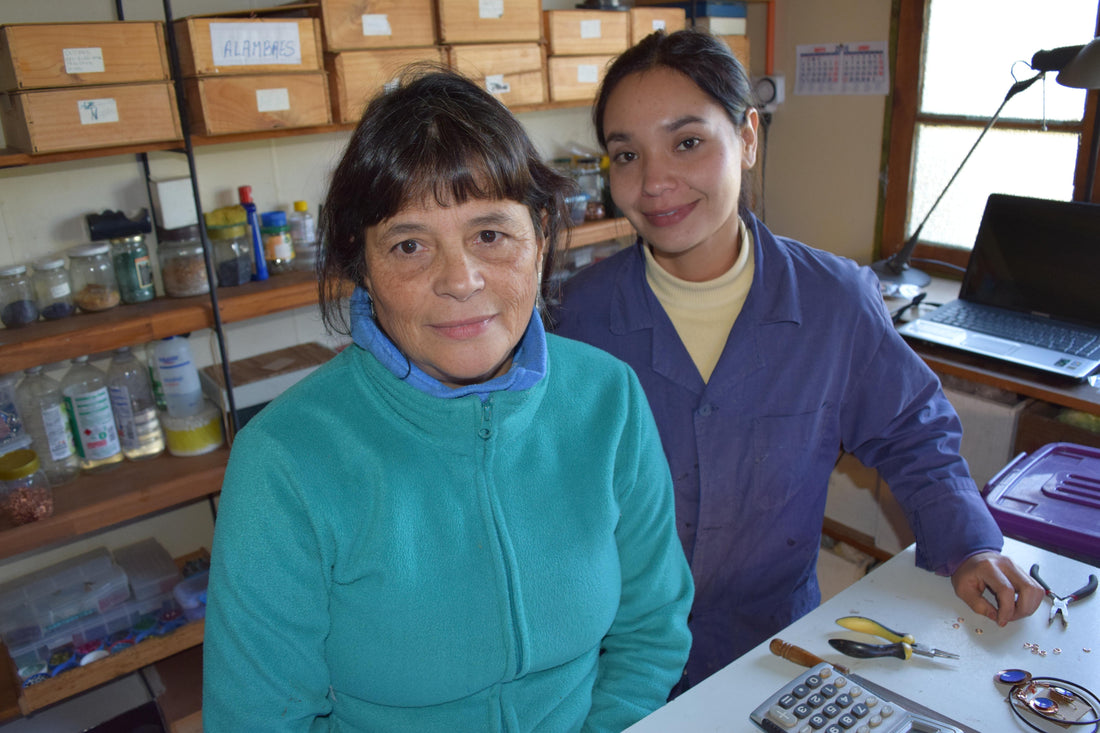Fair Anita was just certified by the Fair Trade Federation, a huge honor and a great affirmation that we're running our business the ethical way! But what does "fair trade" mean and why does it matter?

We know you've worked hard for your money: it's a natural impulse to want to get the most value when making purchases. We tend to gear towards making purchases that we consider a good deal. In the moment, it's easy to forget that every purchase we make has a direct effect somewhere down the supply chain. To ensure that we are not shortchanging people who are laboring to manufacture, produce, or craft products that we use on a day-to-day basis, look for fair trade certified products.
There are 10 Fair Trade Principles that certified companies abide by:
- Creating opportunities for economically disadvantaged producers.
- Transparency and accountability
- Fair trading practices
- Payment of a fair price
- Ensuring no child labor or forced labor
- Commitment to non-discrimination, gender equity, and women's economic empowerment
- Ensuring good working conditions
- Providing capacity building
- Promoting fair trade
- Respect for the environment
Fair trade companies receive their certification from an organization (in our case, the Fair Trade Federation) after passing a stringent set of requirements that comply with fair trade standards. We submitted a 40+ page document detailing our business operations, and we were evaluated from top to bottom to make sure that we comply with the prerequisites demanded by the global fair trade community.
Buying fair trade certified products guarantees that each step in the supply chain follows ethical practices. Child labor laws, gender equality, fair wages, and suitable working conditions are implemented throughout the entire workforce. On the administrative side, transparency and accountability are at the forefront to secure each and every member of the organization. Profit and earnings take a back seat to these principles for the greater good of the fair trade organization. This is all done in the context that fair trade communities are not in a favorable financial position, and might not be able to survive hits from fraud and non-payment.
Supporting fair trade products helps impoverished communities get a chance to compete in the global market. By buying fair trade goods, you can be sure that manufacturers and suppliers are treating their workers humanely by providing them with good working conditions as well as compensating them fairly for their labor. Lastly, you are helping these organizations to grow without compromising their cultural identity and heritage.
We're (obviously) advocates for fair trading practices, as we've seen the impact it can have on the lives of artisans around the world. As customers, your support definitely goes a long way in the lives of hardworking communities worldwide. Thank you for your support as we continue to grow a fair trade, ethical business!

